The benefits of thyme for treating coughs and how to use it

Many herbal medicines available in pharmacies contain thyme extract. Is thyme really useful for coughs? What are the benefits of thyme for cough? We will answer all of this in this article, in addition to explaining how to use thyme to treat coughs.
The thyme plant is a natural remedy that is available in most homes and is used to treat many health problems that affect the upper respiratory system, including bronchitis, persistent asthma, congestion, colds and flu, or blocked sinuses, or Sore throat, or seasonal allergies.
Thyme is also commonly used to treat both types of coughs: dry coughs and wet coughs, that is, those accompanied by the presence of phlegm (mucus) inside the respiratory passages.
Below we will mention a number of important information about using thyme for cough:
Why is thyme useful for cough?
The benefits of thyme for cough can be attributed to it having many therapeutic properties, which include the following:
Thyme works to remove phlegm and mucus accumulated in the respiratory passages, which supports its use in treating wet coughs.
Thyme helps reduce inflammation in the respiratory system, which will help facilitate breathing for the individual and reduce coughing.
Thyme has antibacterial properties that help prevent the growth of many types of bacteria that can cause respiratory infections.
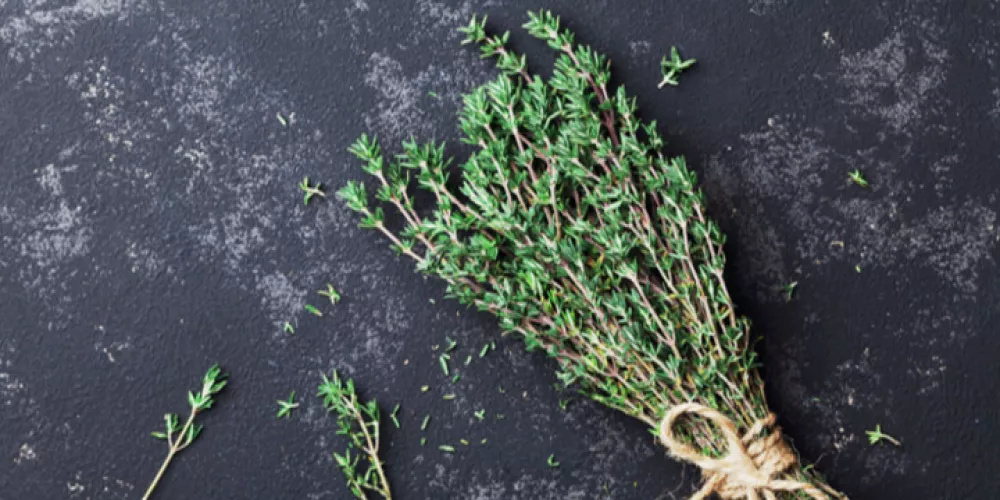
Thyme helps soothe the throat area, which in turn can help relieve coughing.
Thyme contains a good percentage of vitamin C, which works to enhance the functions of the immune system, and this in turn can reduce the risk of infectious diseases that cause coughs.
The flavonoids found in thyme work to soothe coughs, through their ability to reduce inflammation and by relaxing the throat muscles associated with coughing.
Compounds found in thyme, especially thymol and carvacrol, can help relieve chest congestion, which in turn can reduce the incidence of coughing in an individual.
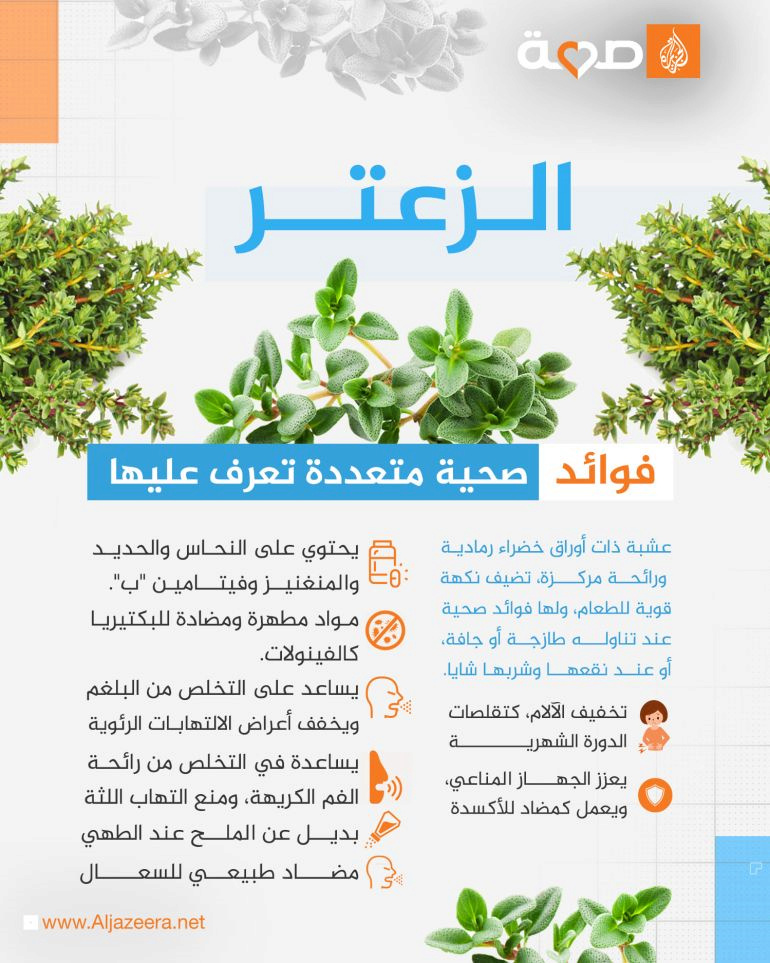
Another benefit of thyme leaf for cough is that it acts as a mild analgesic, which can help reduce any sore throat caused by coughing.
?Are there studies that support the use of thyme for cough
Yes, there are a number of studies that support the use of thyme to treat coughs, either alone or alongside a number of other natural herbs that are beneficial for coughs. These studies include the following:
An old study conducted in 2006 found that eating a mixture of thyme and ivy leaves can help relieve coughing and other symptoms of acute bronchitis.
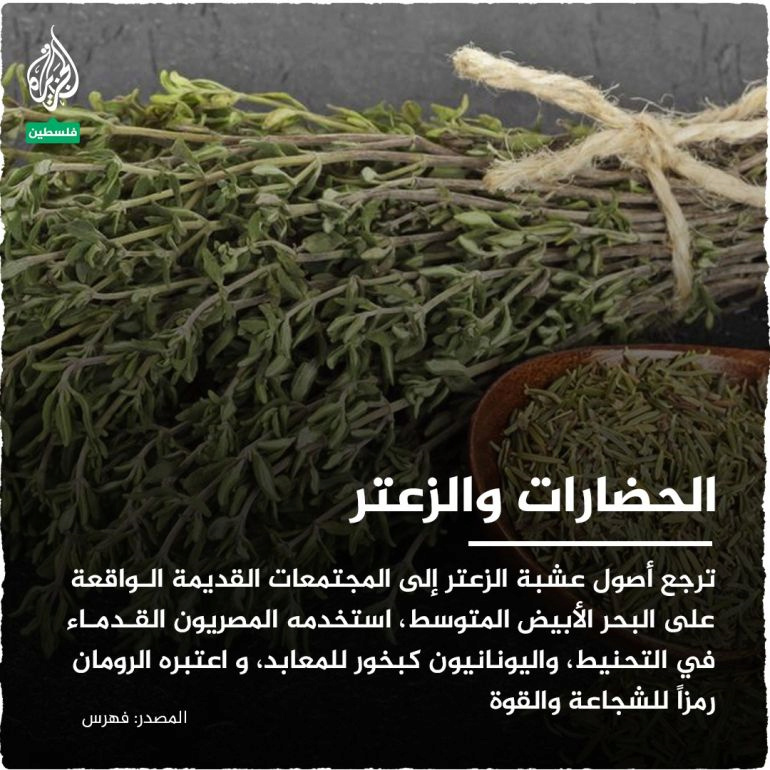
A small study conducted in 2013, which included 18 participants, found that using a nasal spray containing thymol, one of the most important active compounds found in thyme, can help reduce the number and severity of coughing attacks in an individual, and can also have a cooling effect. Nice.
A review published in 2015, which analyzed 34 studies with a total of 7,038 participants, concluded that using a combination of thyme, primrose, and English ivy can help reduce the frequency and severity of cough, as well as other symptoms of acute bronchitis.
A 2018 animal study found that using a combination of thyme and primrose extracts could help reduce inflammation and reduce mucus, which in turn could support the possibility of using thyme to treat wet coughs.
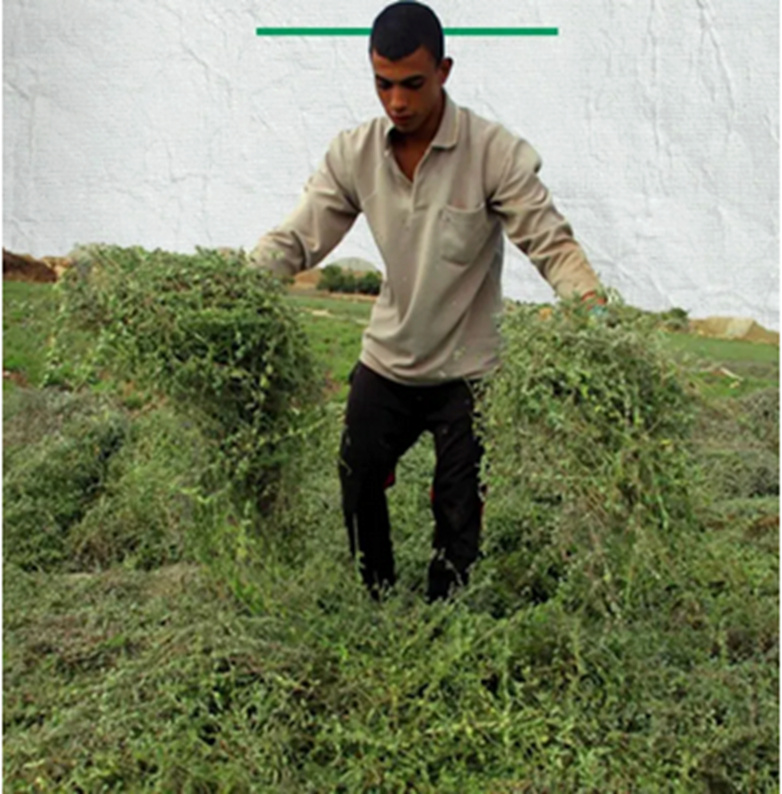
A study published in 2021, in which it was also found that taking thyme and ivy extract can help reduce cough attacks and their severity in individuals with severe coughs.
?How is thyme used for cough
Regarding how to use thyme for cough, this is done simply by preparing thyme tea and then drinking it. Below are the steps for preparing thyme tea:
Bring two teaspoons of ground thyme leaves.
Put it in one cup of boiling water.
Soak it for 10 minutes.
Filter it and then drink it as it is or after adding a small amount of honey to it.
Thyme tea bags are also available in the market, which can be easily used to prepare thyme tea by steeping them in a cup of boiling water for a period of time.
An individual can drink thyme tea to treat cough once or twice daily.
?What are the warnings of using thyme for cough
Thyme and thyme tea are generally safe when taken in moderate amounts. However, excessive consumption of them can cause a number of side effects, which are directly due to the thymol compound found in thyme.
Excessive consumption of thyme can cause a drop in blood pressure and increase the risk of bleeding in an individual. Therefore, you should always be careful and consult a doctor before using thyme for cough in individuals who take blood-thinning medications or medications to treat high blood pressure.
Also, you should stop taking thyme and the supplements that contain it two weeks before any surgery, in order to reduce the risk of bleeding in the individual.
It is also necessary to make sure before using regular thyme or wild thyme to treat coughs that the individual does not have an allergy to them or to any of the plants belonging to the mint family. Symptoms that indicate an allergy to thyme in the individual may include the following:
Urticaria.
Skin rash.
Eyes teary-eyed.
diarrhea.
Nausea.
Abdominal pain.
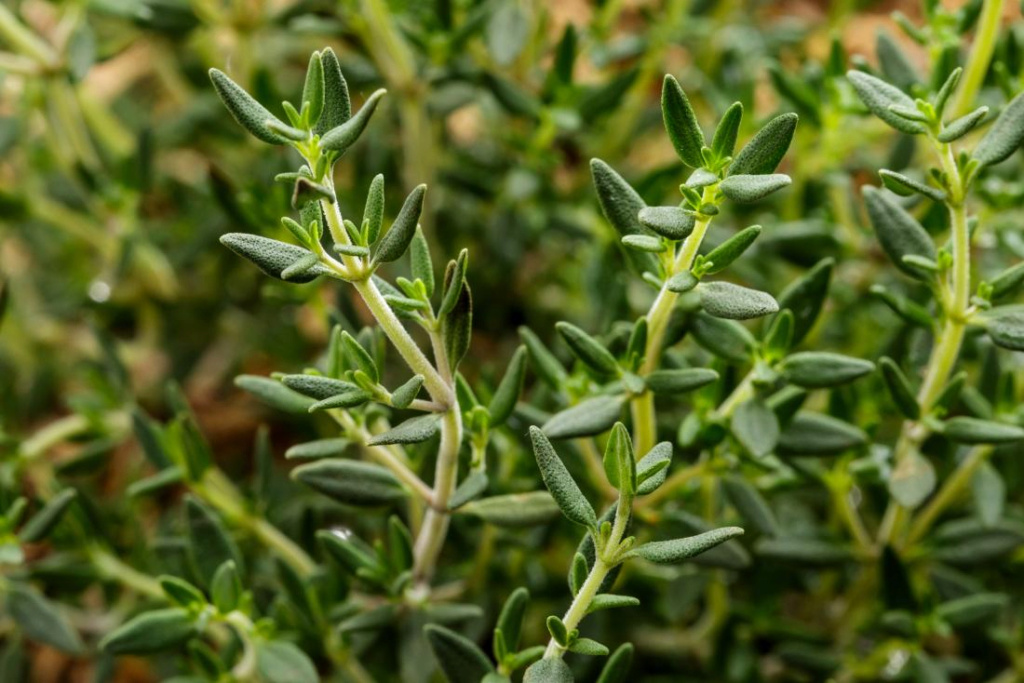
As for pregnant women, breastfeeding women, or children drinking thyme to treat coughs, it is safe for these groups of patients to consume thyme in moderate and recommended quantities. However, there is no evidence to support the safety of consuming thyme in large quantities in these groups of individuals.
Finally, thyme can be useful for treating dry and wet coughs, and you can benefit from it by drinking natural thyme tea at a rate of one or two cups per day. However, you should avoid excessive consumption of thyme and thyme tea, as this can be associated with some health risks and harms.
Source: websites

